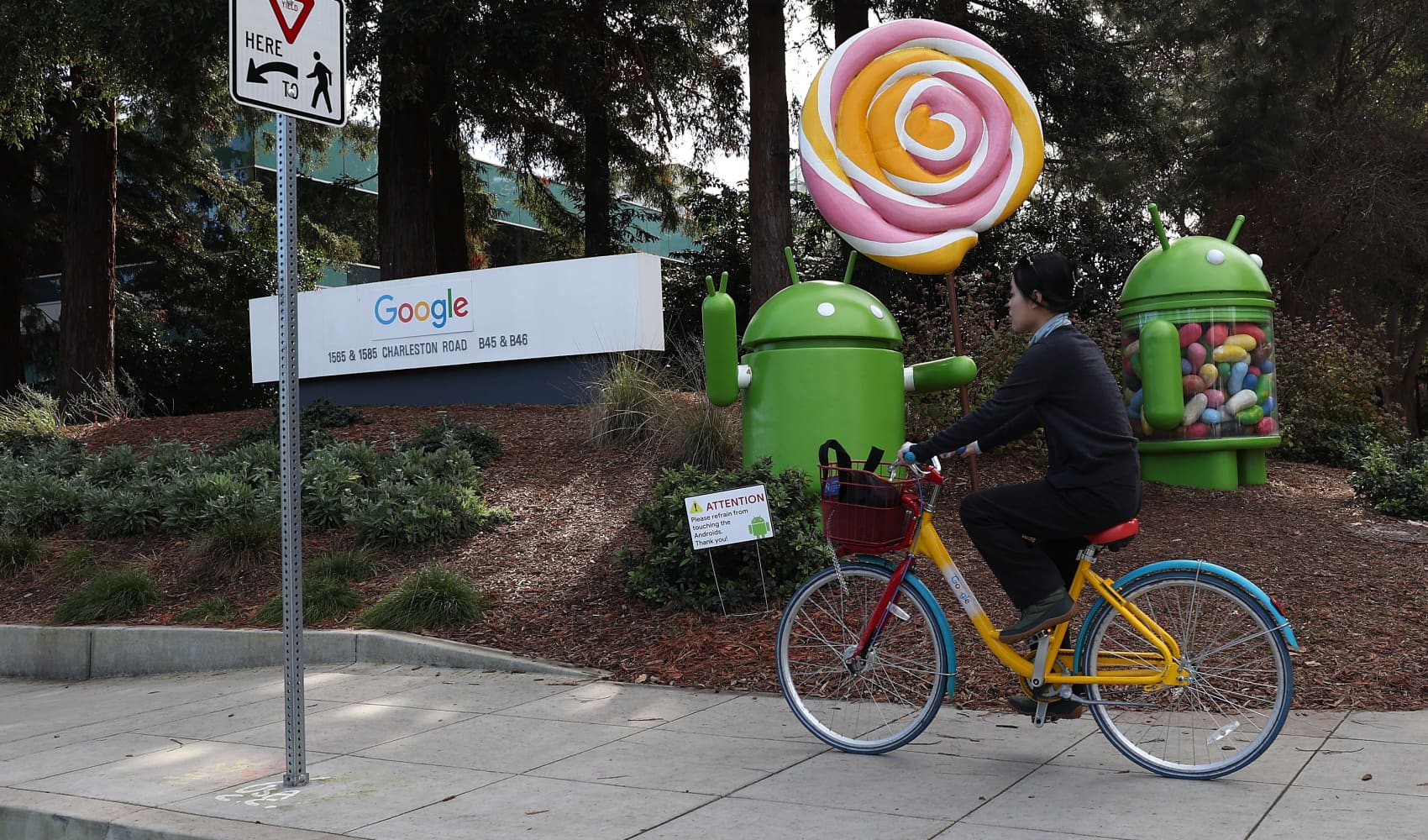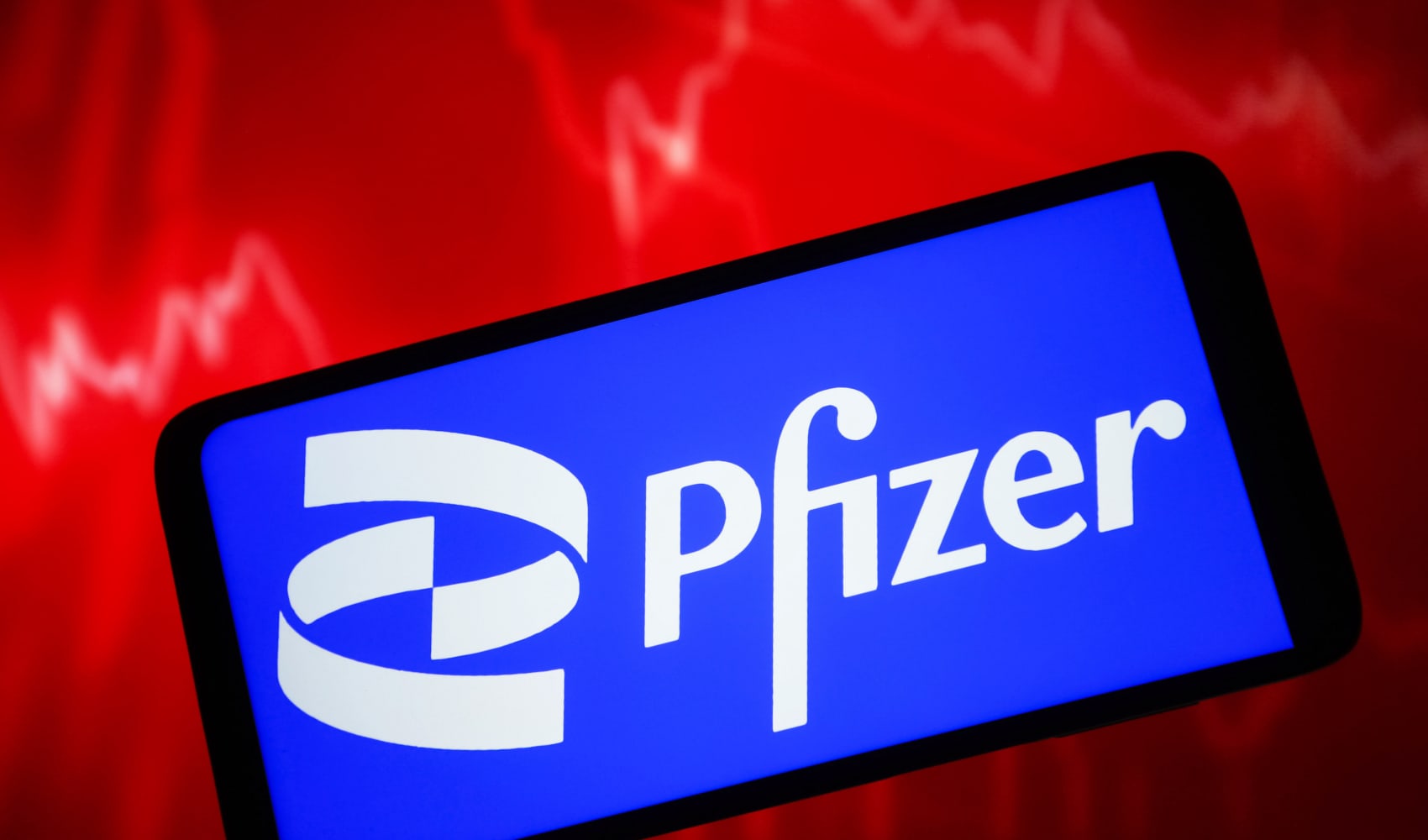
It's easier than ever to pay for things even if you don't have cash on you — there are credit cards, debit cards, Venmo, Apple Pay and a plethora of other options.
When you're in college, a credit card offers the security that you can pay for things even if you don't have money in your wallet. They're accepted nearly everywhere, unlike some newer forms of payment. They're essential for online purchases. And, they're a great way to start building your credit history.
"A credit card allows you to make purchases without carrying around cash," said Baker Lee, founder, owner and president of Apex Financial Services. "Using a credit card at hotels and car rentals is a big plus because it does not tie in additional cash which can be in shorter supply when you're younger."
"[Credit cards] are convenient for online purchases or for times when I don't have cash on me," said Lauren Chin, a rising junior at Maryland Institute College of Art.
Get Connecticut local news, weather forecasts and entertainment stories to your inbox. Sign up for NBC Connecticut newsletters.
It's also helpful to have a credit card when you are faced with an emergency.
"[Credit cards] definitely come in handy when there is an emergency that goes beyond your available cash," Lee said. "Imagine, if you will, you're taking a trip and run into car trouble. Having a credit card can allow you to get your vehicle repaired and pay off the expense later."
Building your credit
Money Report
What's more, credit cards are how you first begin to establish your credit and your credit score. If you use your card and pay your bill on time every time, it shows financial institutions that you are responsible with money. The more responsible you are, the higher your credit score.
Payment history is probably the most important component that determines your credit score. Other factors include credit utilization (what percent of your credit limit you are actually using) and the length of your credit history. So, this is why it is helpful to open a credit card in college, because the earlier you start using credit, and using it responsibly, the longer (and stronger) your credit history will be.
More from College Voices:
Here's what you need to know about paying off your student loans
Setting up a budget right out of college is easy—and smart
Understanding the risks of buy now, pay later apps
You may not care about your credit score when you are in college, but it becomes increasingly important in your adult life. Whether you are trying to buy a car, an apartment, a house or some other big-ticket item that you will have to take out a loan for, the financial institutions that will be providing that borrowed money will be looking to your credit score and your credit history to determine if you qualify for the loan.
Ask yourself this question: If you just charged stuff on your credit card and didn't pay it back when it was due, why would someone else take a chance and lend you money?
It isn't free money
Although owning a credit card can be beneficial in many ways, it can also be a slippery slope that leads to a pileup of debt if you don't use it responsibly.
"It is good to open [a credit card] early in your life, but not until you're ready to be financially responsible," said Lauryn Williams, a certified financial planner and a four-time Olympic athlete.
When you're thinking of opening a credit card, Williams suggests asking yourself these questions: Do I understand what a budget is? Do I understand what a credit card is and do I have a good understanding of my finances? What [are] my expenses? What am I going to use this credit card for?
You have to pay attention to how much you are charging and what your balance is, making sure you have the money to pay off the balance when it comes due.
If you wind up carrying a balance on your credit card, it will accrue interest at a very high rate. The average credit card interest rate is nearly 17%, according to recent data from the Federal Reserve. And, that will just keep snowballing: The next month, you will not only get charged interest on what you owe but on the interest you were charged that is now added to your balance. Compound interest, the same principle that can help you grow your money in a savings account, can work against you in a big way when it comes to debt.
And, if you don't pay your bill or you pay less than the minimum amount due, you face a late fee, which could be $25 to $30, on top of that.
"I try not to use it too much and then pay in full when the bill is due," Chin said.
Paying less than your interest amount can also lead to an increase in your monthly interest rate charges. The worst-case scenario of constantly spending without repaying can lead to debt.
"You can say, 'Oh, I'll pay it later,'" Williams said. "Then you get stuck with monthly payments, you get stuck paying interest, whereas you can pay the [item] in cash or could have decided not to purchase it because you cannot afford it."
It's important to note that just because you qualify for a $10,000 or $20,000 credit limit doesn't mean you should use all of it. In fact, you should definitely NOT be using all of it because your credit score is based on your credit utilization, which you want to keep low. Credit card companies aren't going to cut you off just for missing a payment or racking up debt. They make money off of the interest they charge you when you carry a balance and on any late fees you accrue. So, it's up to you as the owner of the credit card to make good judgments when spending.
Racking up debt is easy — but it can be frightening when it starts to pile up. Out of 500 Americans that took a survey on Credible, 33% reported that debt is the scariest aspect of their lives — even scarier than death.
College students on average have over $3,280 worth of credit card debt, according to CollegeFinance.com.
So, if you have a credit card, it's important to not think of it as free money. Be sure to know what your interest rate is. (A lot of people don't.) Pay your bill on time and in full every month. And always make sure you aren't spending more than you have. If things start to pile up and you can't pay your bill, take a minute to regroup, stop spending at a pace you can't afford and figure out a plan to pay it off.
Paying off your debt
So, somehow your spending got away from you and now you have a lot of credit card debt. Now what?
First, you should stop spending on that card as much as possible. Next, make a plan to pay it off. Set an amount you'll pay every month and a time frame for how long it will take to pay it off — and stick to it. If it will take you a long time to pay it off, you might consider taking advantage of a credit card offer for 0% annual percentage rate (usually for around 12 or 15 months). That will help you stop accumulating interest charges. However, you should note that there is often a fee attached (usually around 3% to 5% of your balance) then it's 0% APR after that for however many months. If, for example, you are carrying a balance of $3,000, that's a fee of $90 to $150. So, factor that into your decision — and always pay attention to the fine print. Zero percent may sound fantastic, but when it comes to credit cards, zero doesn't always mean zero.
If you have more than one credit card carrying a balance, there are a few ways to manage and repay your debt.
Williams explained that the two most popular ways to pay off credit card debt are following the "snowball" or "avalanche method." In the snowball method, if you have multiple credit cards that all have debt, you pay off the card with the lowest balance first. This takes one card off your hands quickly and gives you some momentum. With the avalanche method, you pay off the card with the highest interest rate first, then keep working your way down until they're all paid off.
Don't sacrifice your savings
Although paying off debt is crucial, it is also necessary to make sure that you are still paying your basic bills — and building emergency savings.
Emergencies don't wait for you to pay off your debt! They can happen any time. That could be a car repair, a new laptop or an unexpected medical expense.
"It's important that you don't sacrifice your savings while you're paying off your credit card debt," Williams said. "What happens if you have another emergency while you're trying to pay down the credit card debt?"
So, when you're formulating your plan, make sure that you are allotting part of your budget to your expenses, part to paying off your debt and part to emergency savings.
Debit cards or Venmo as alternatives
Debit cards and payment apps like Venmo can help you avoid overspending.
Because they are tied to your bank account, you can't spend more than you have saved. And, you also have a running tally of everything you have spent in one place, so there is no need to make a separate spending tracker.
These are good options if you think you are prone to overspending — or if you have already racked up debt on a credit card. Still, note that there is a risk involved: Because they are tied to your bank account, if you lose your card or someone fraudulently acquires your account information, you run the risk of someone withdrawing money directly from your bank account. This is unlike credit cards, where, if there is a fraudulent charge, you can flag it to your credit card company, which will investigate it for you at no charge. Most financial institutions do, however, take significant measures to protect customers from fraudulent activity so this never happens. One thing you can do is set a daily withdrawal limit on your bank account so that no one can ever withdraw more than, say, $300, in one day. That will help limit the damage and protect your money.
Track your spending
It sounds simple, but it's important to keep in mind to track your spending to make sure you're not spending more than you have.
"I would advise college students to think of credit cards as nothing more than a tool to build their credit scores and for them to keep a record of their money flow so that they are aware of how much they are spending at any given moment," said Jane Lee, a 2022 graduate of Boston University.

If debt starts to pile up and you're carrying a balance, don't beat yourself up — we all make mistakes. Instead, get it under control quickly and make a plan to pay it off. Then start building better spending habits.
"Wise use of your credit card can result in higher credit scores, which translates into things like lower deposits for renting that first apartment, no deposits for utilities and even getting cell phone service," Lee said.
"For any parents that might be reading this, you could consider adding your child as an authorized user on one of your credit cards," Lee said. "This allows them some additional freedom that you can monitor before your child goes off to college and it has the added bonus of giving them a head start on higher credit scores as long as you are managing the card well yourself."
″College Voices″ is a guide written by college students to help young people learn about important money issues such as student loans, budgeting and getting their first apartment. Sophie Jin is an intern for CNBC Specials. She is currently a junior at Boston University, studying journalism and public relations. The guide is edited by Cindy Perman.
SIGN UP: Money 101 is an 8-week learning course to financial freedom, delivered weekly to your inbox. For the Spanish version Dinero 101, click here.






